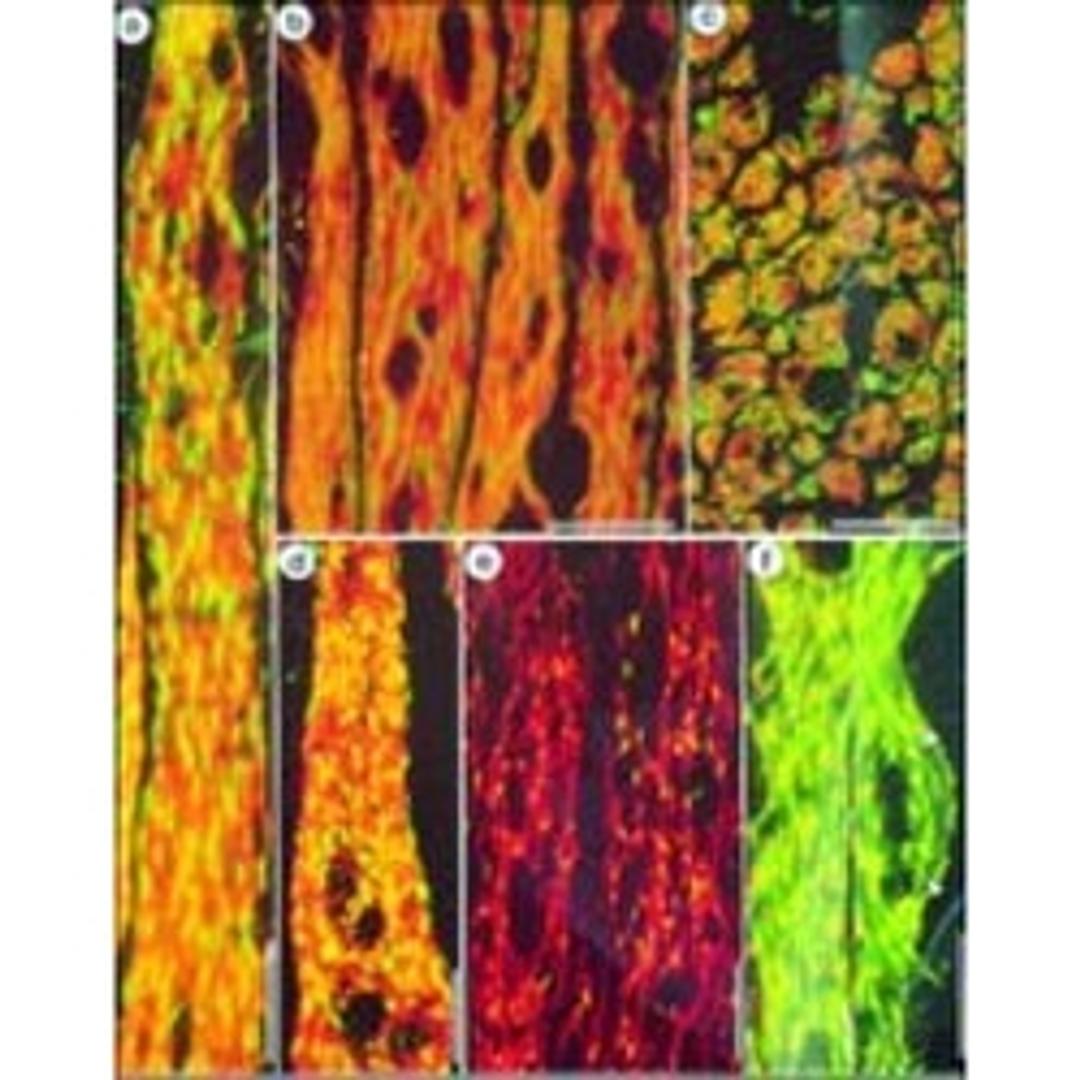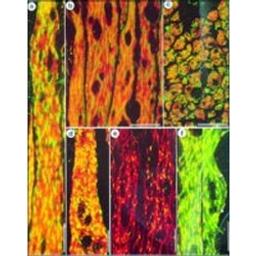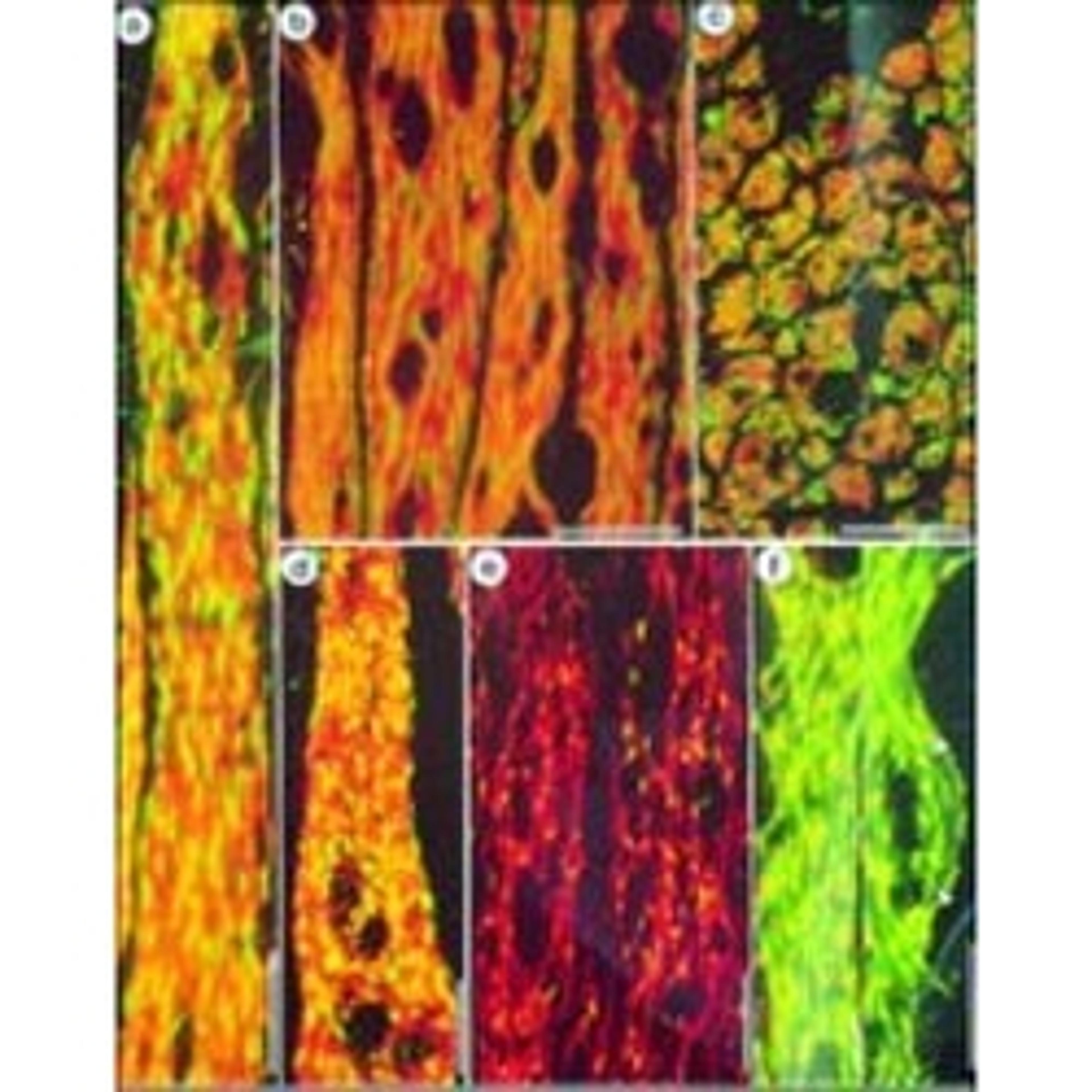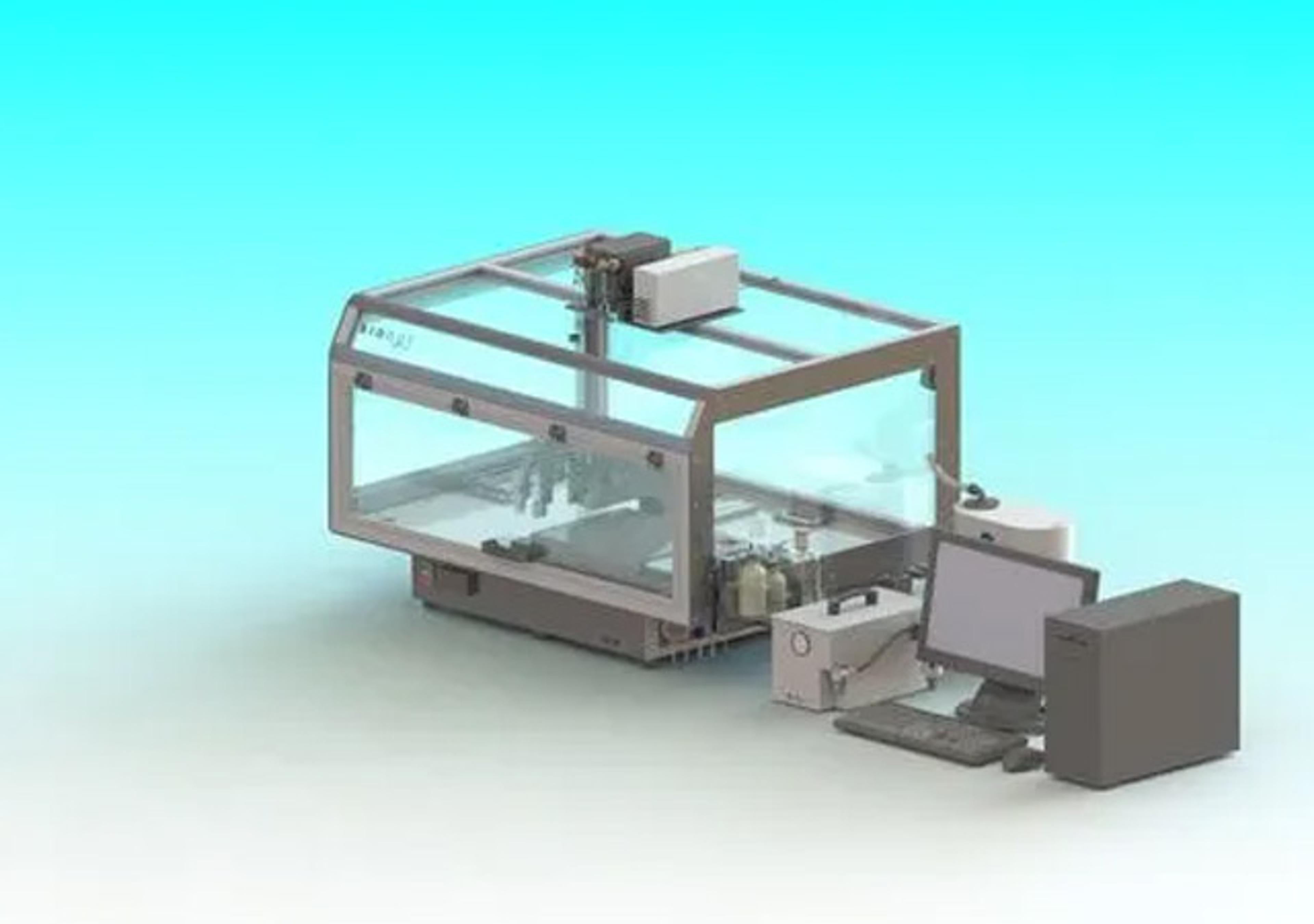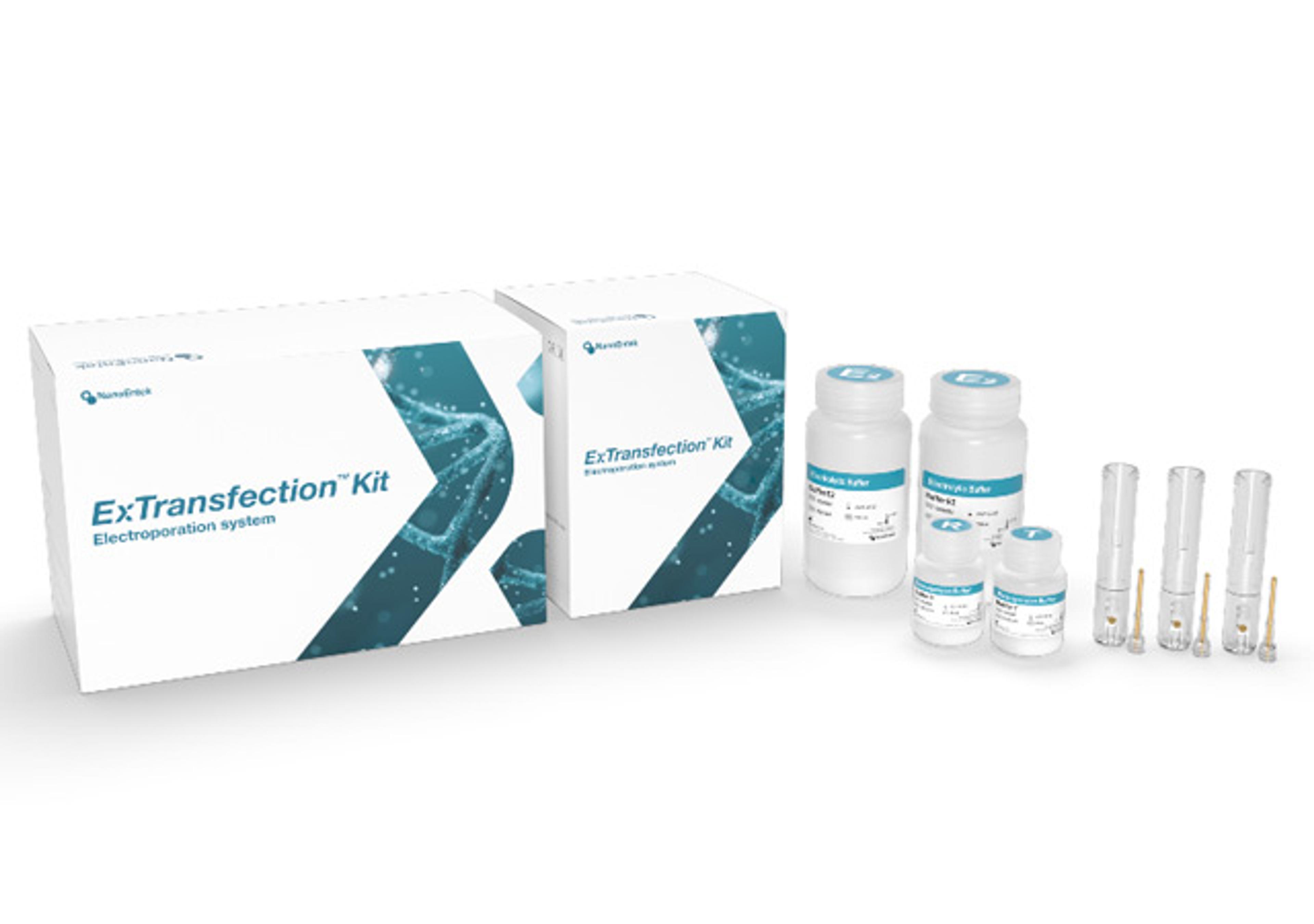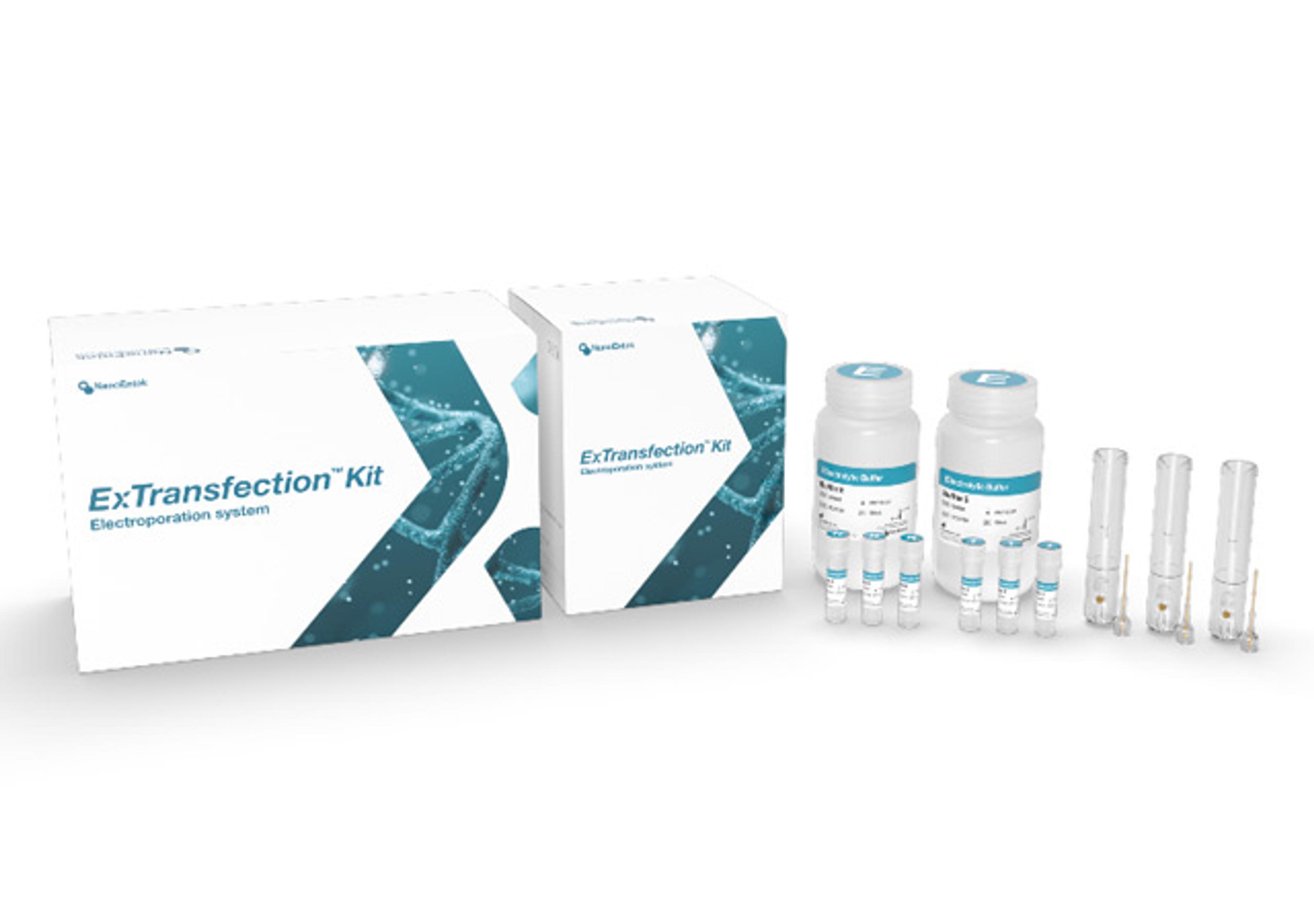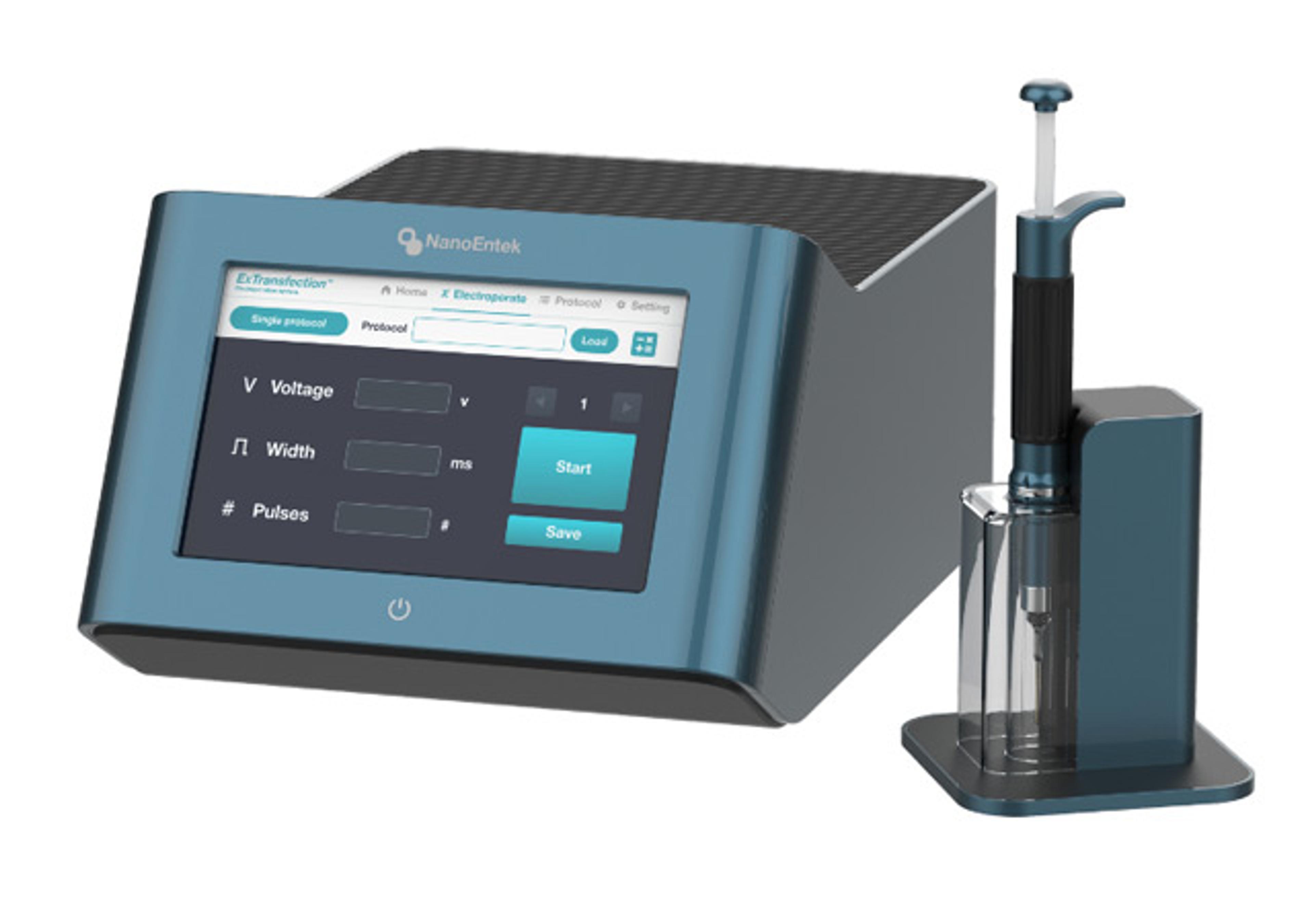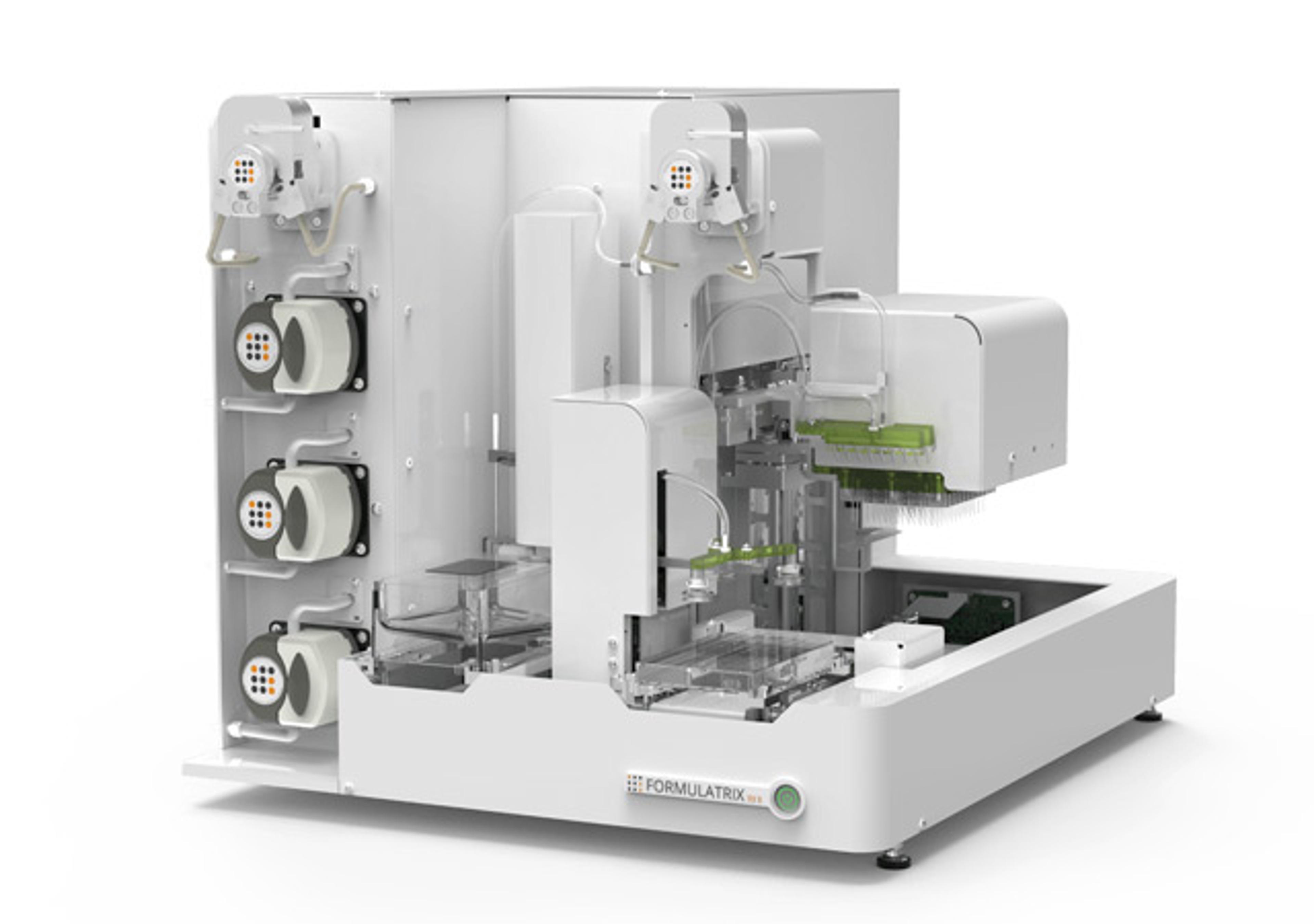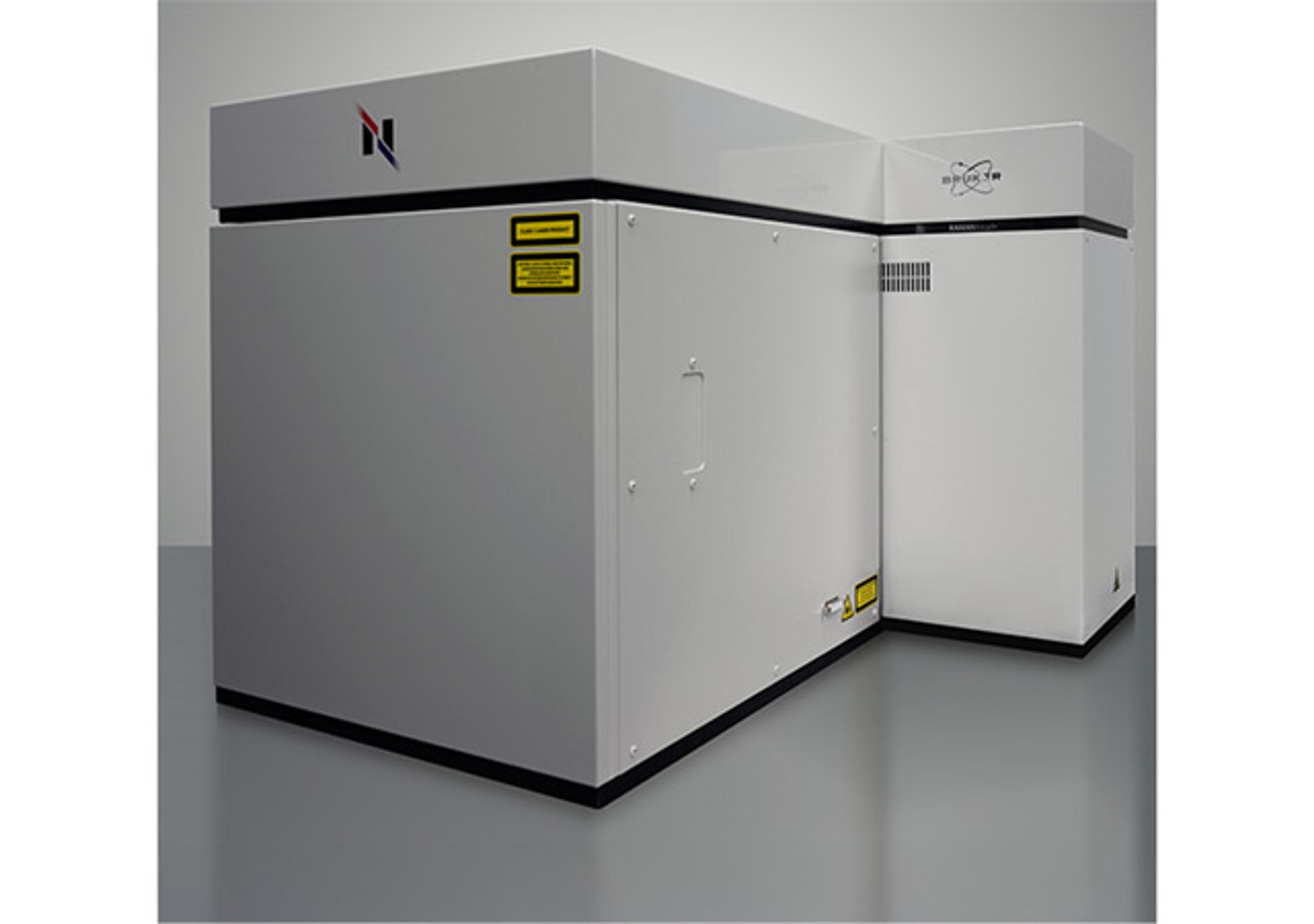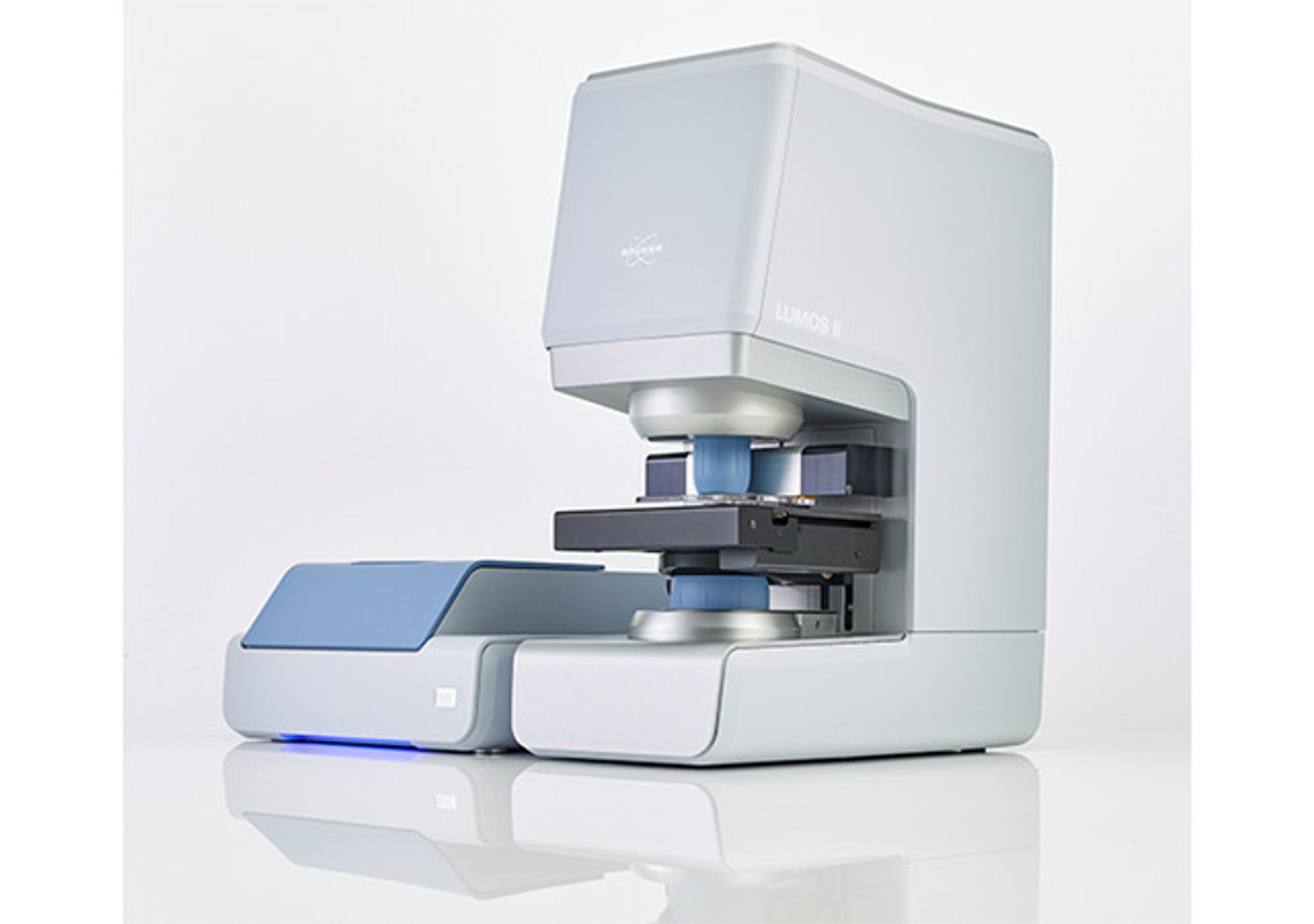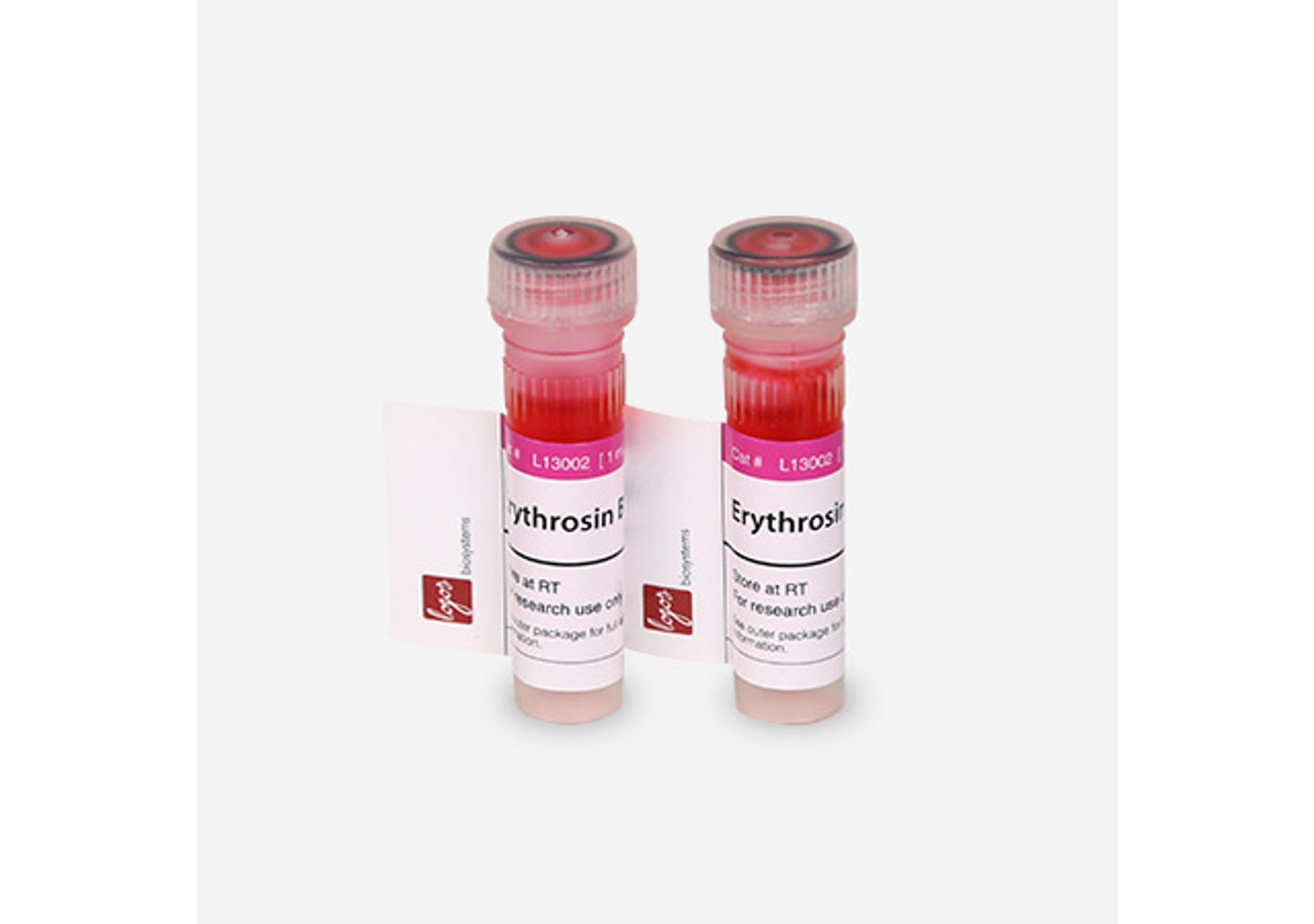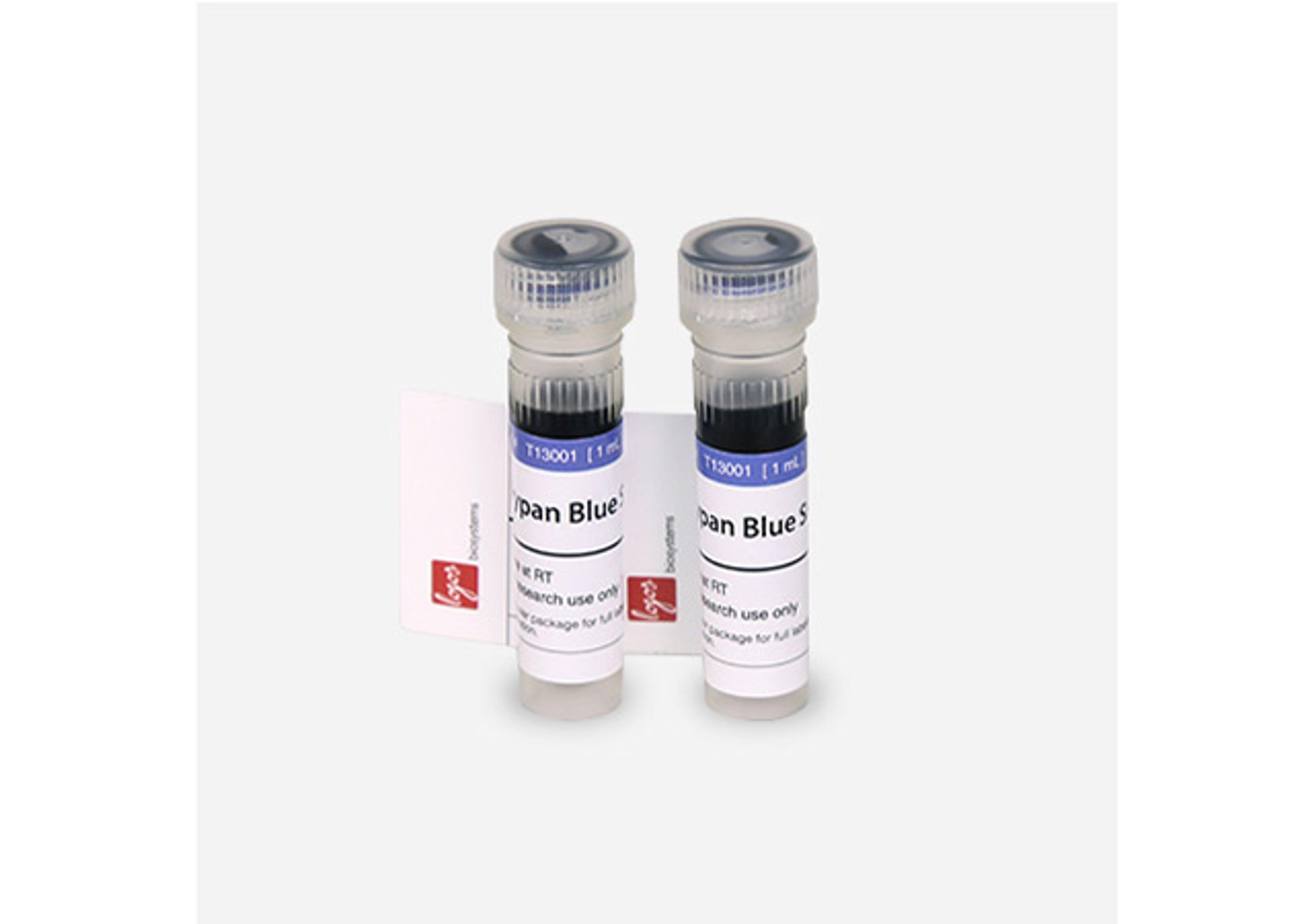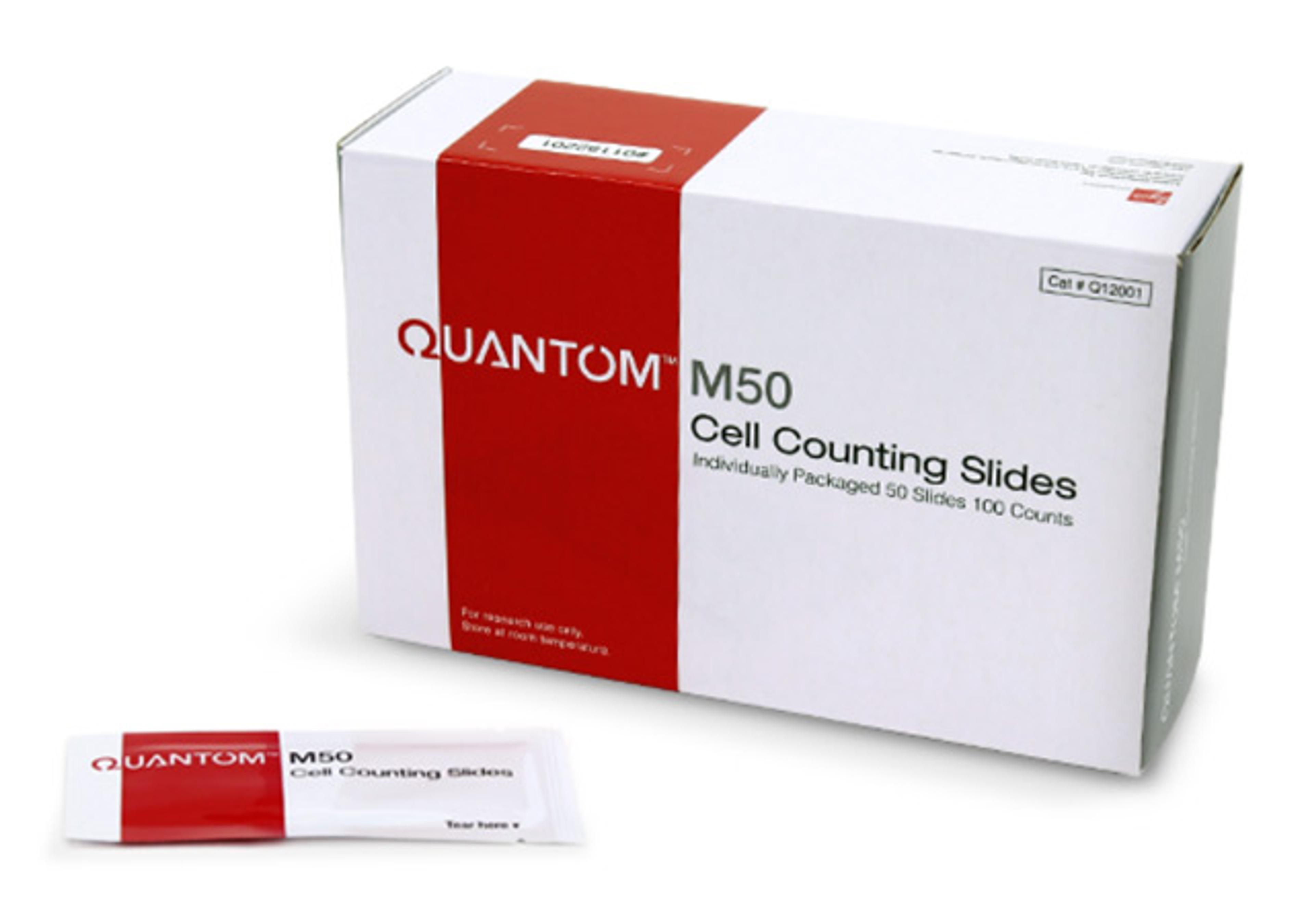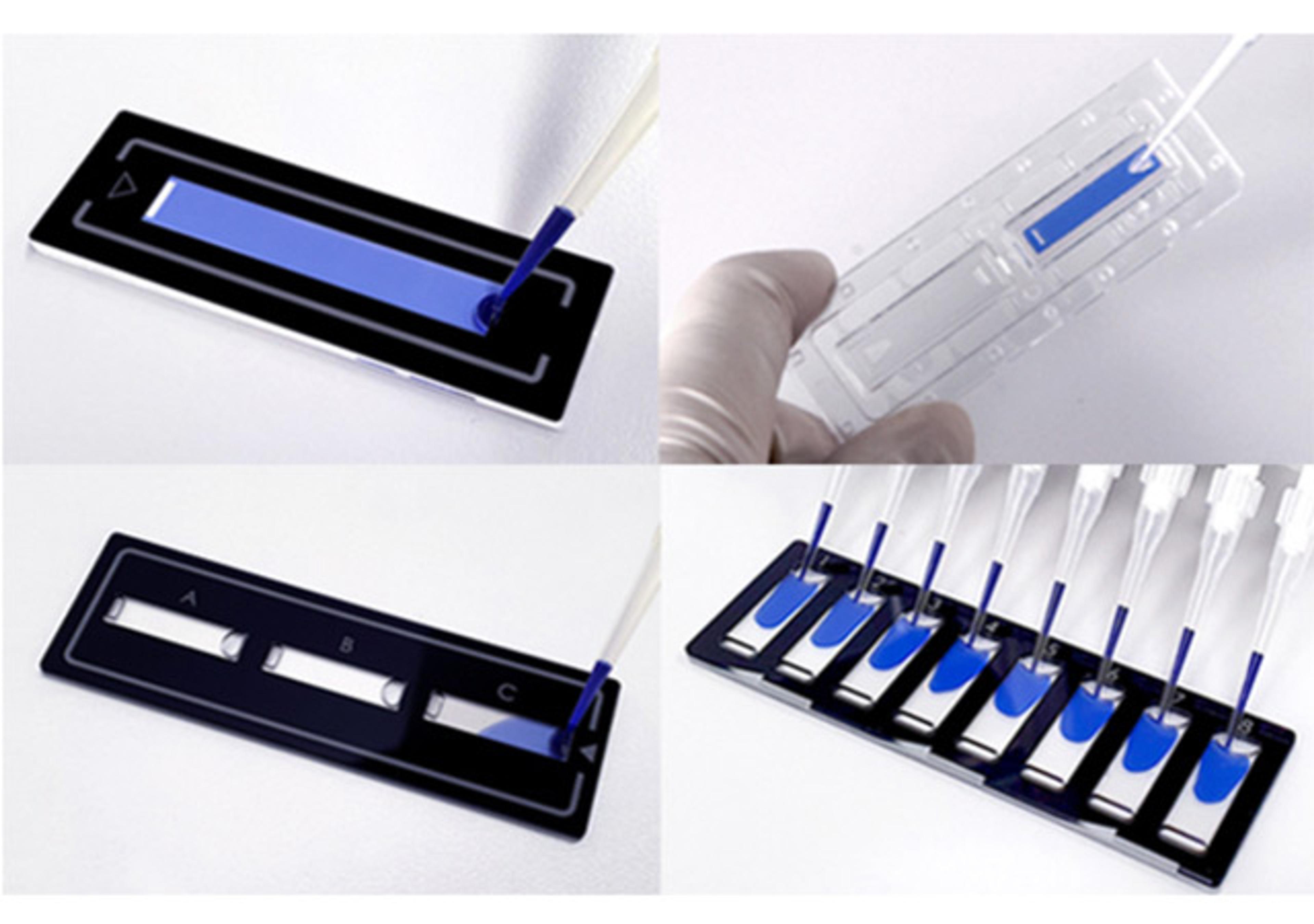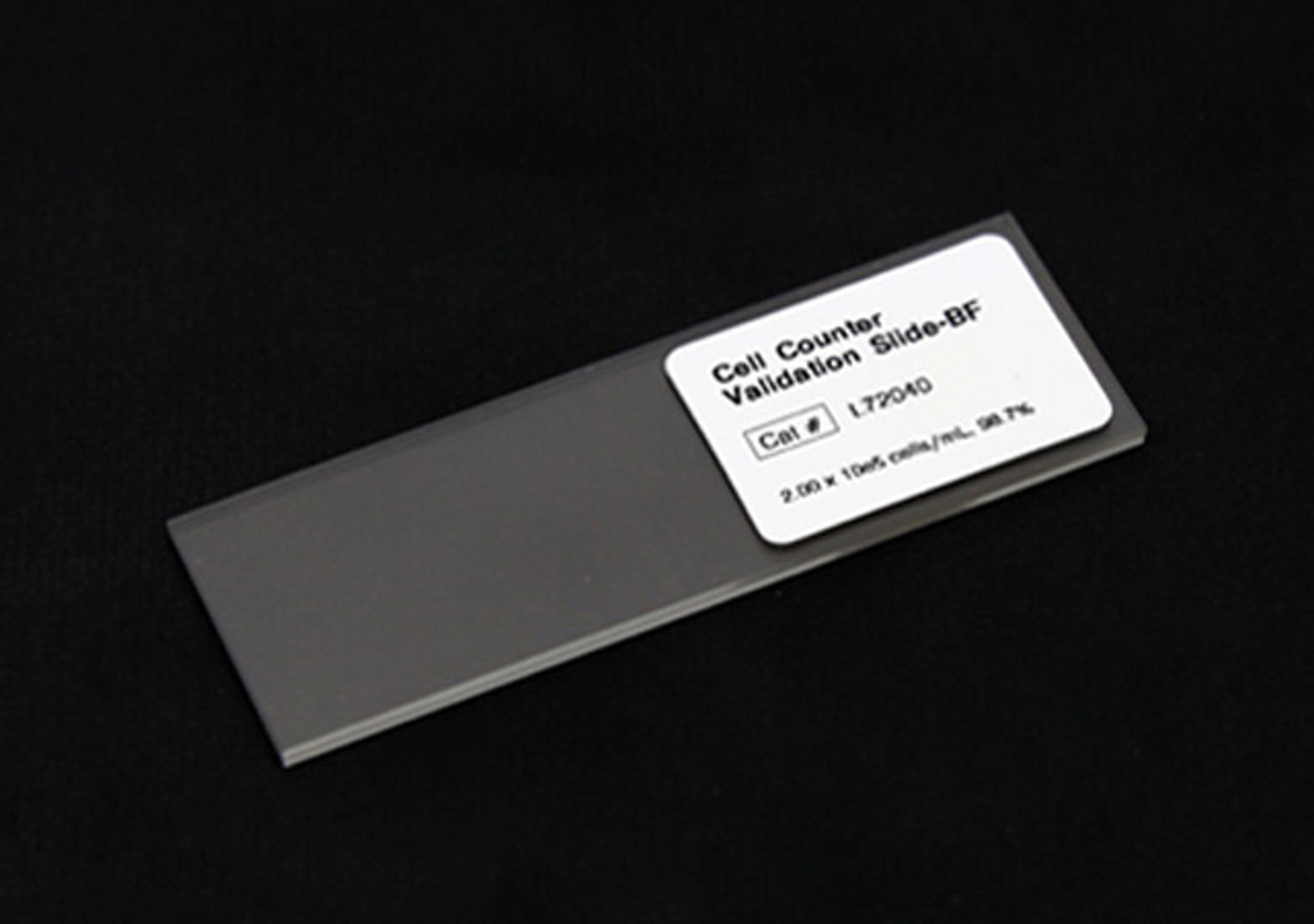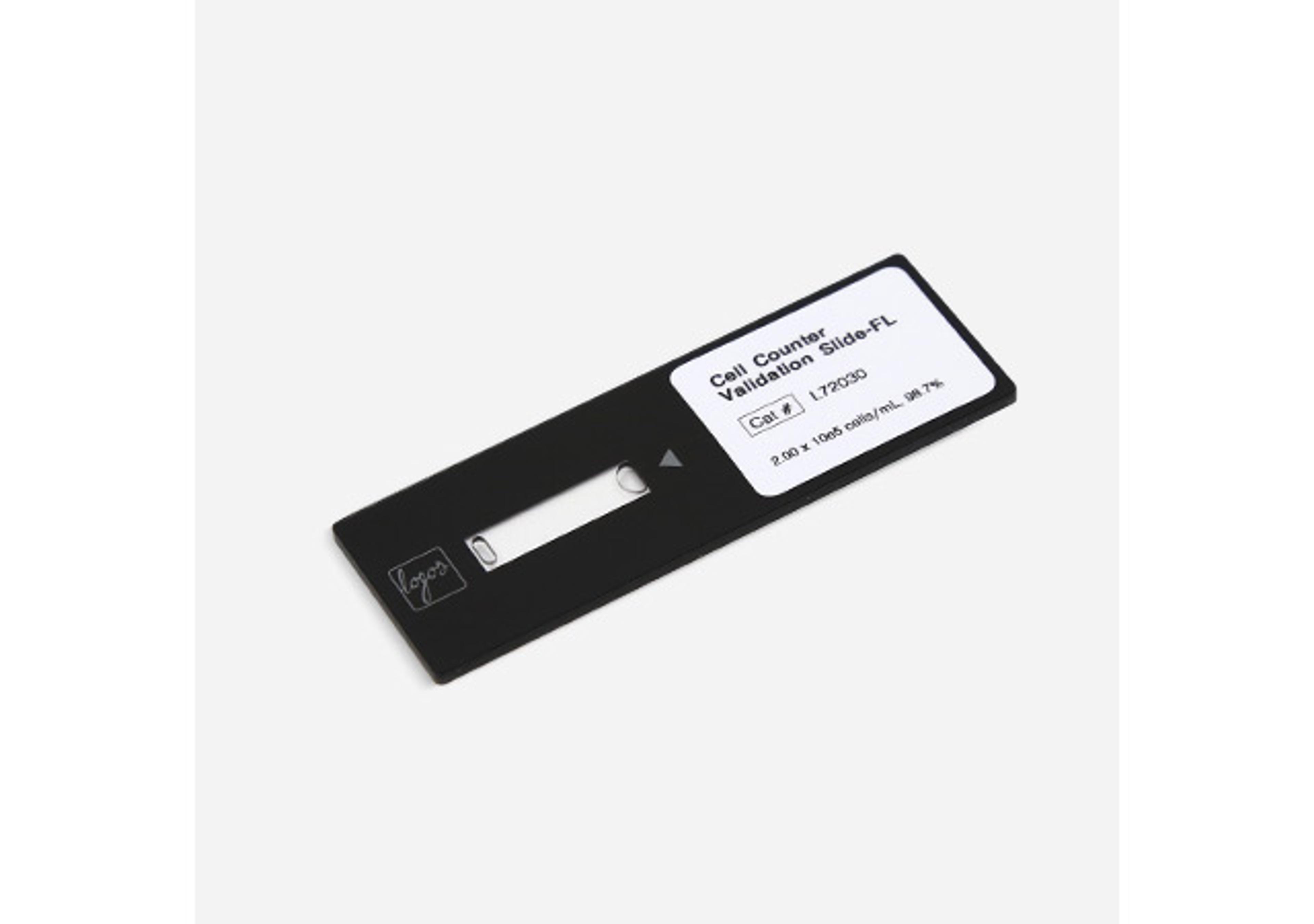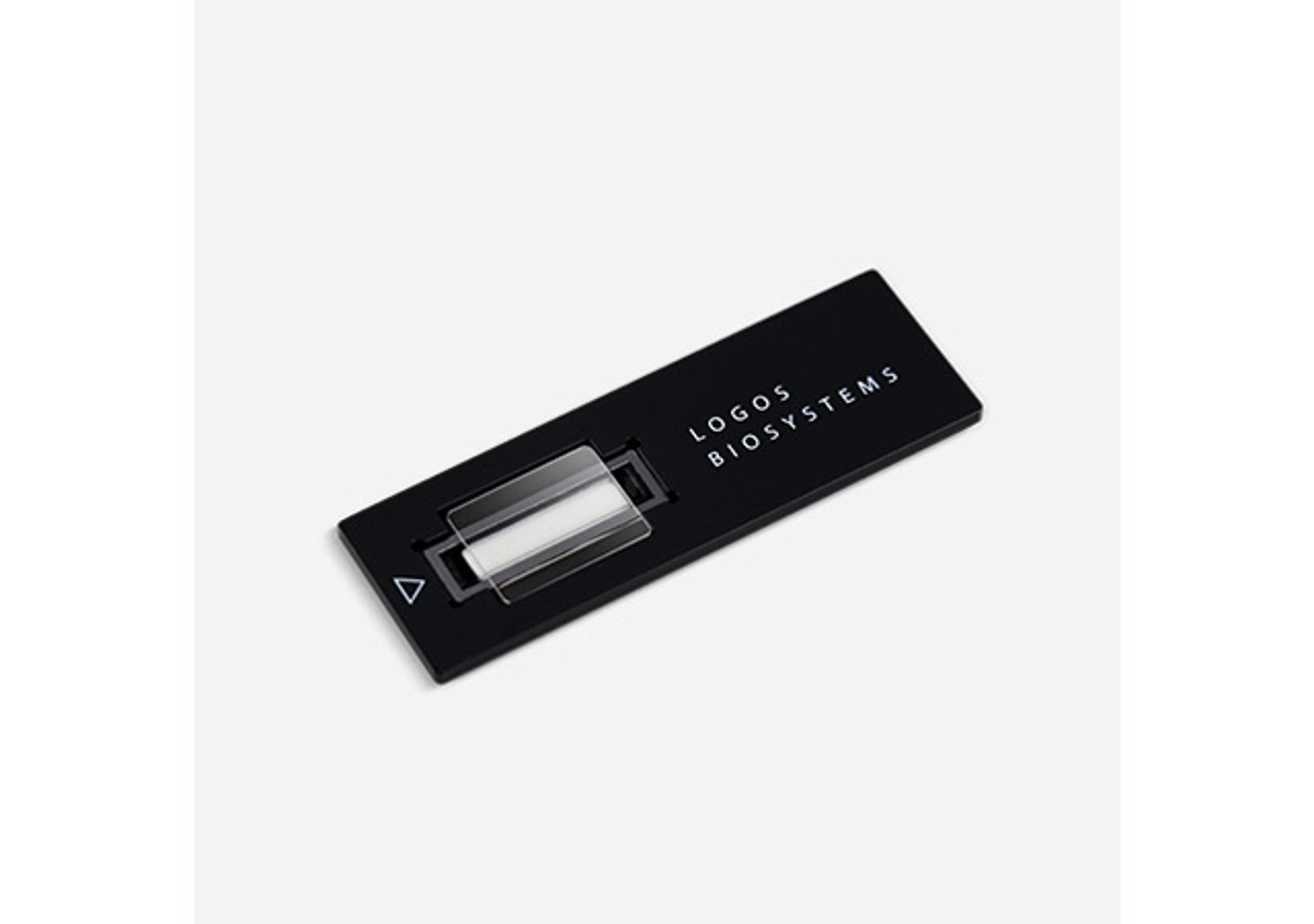Monoclonal Anti-β-Actin antibody produced in mouse
clone AC-15, ascites fluid

The supplier does not provide quotations for this product through SelectScience. You can search for similar products in our Product Directory.
In staining of chicken gizzard ultrathin tissue cryosections, the antibody labels the dense bodies and longitudinal channels linking consecutive dense bodies that are also occupied by desmin and the membrane-associated dense plaque. It does not stain adult cardiac and skeletal muscles except for traces due to contaminations of the sample with non-muscle cells, or if embryonic tissue is being used.
Monoclonal Anti-β-Actin (mouse IgG1 isotype) is derived from the AC-15 hybridoma produced by the fusion of mouse myeloma cells and splenocytes from an immunized mouse. Actin is one of the most conserved eukaryotic proteins, it is expressed in mammals and birds as at least six isoforms. Four of them represent the differentiation markers of muscle tissues and two are found practically in all cells. There are three α-actins (α-skeletal, α-cardiac, and α-smooth muscle), one β-actin (β-nonmuscle), and two γ-actins (γ-smooth muscle and γ-non-muscle). Actin isoforms show >90% overall sequence homology, but only 50−60% homology in their 18 NH2-terminal residues. The NH2-terminal region of actin appears to be a major antigenic region and may be involved in the interaction of actin with other proteins such as myosin.

